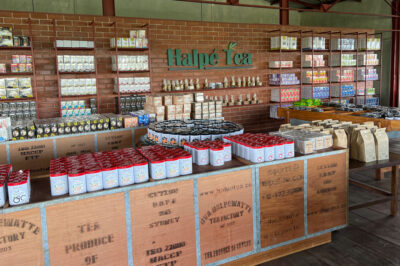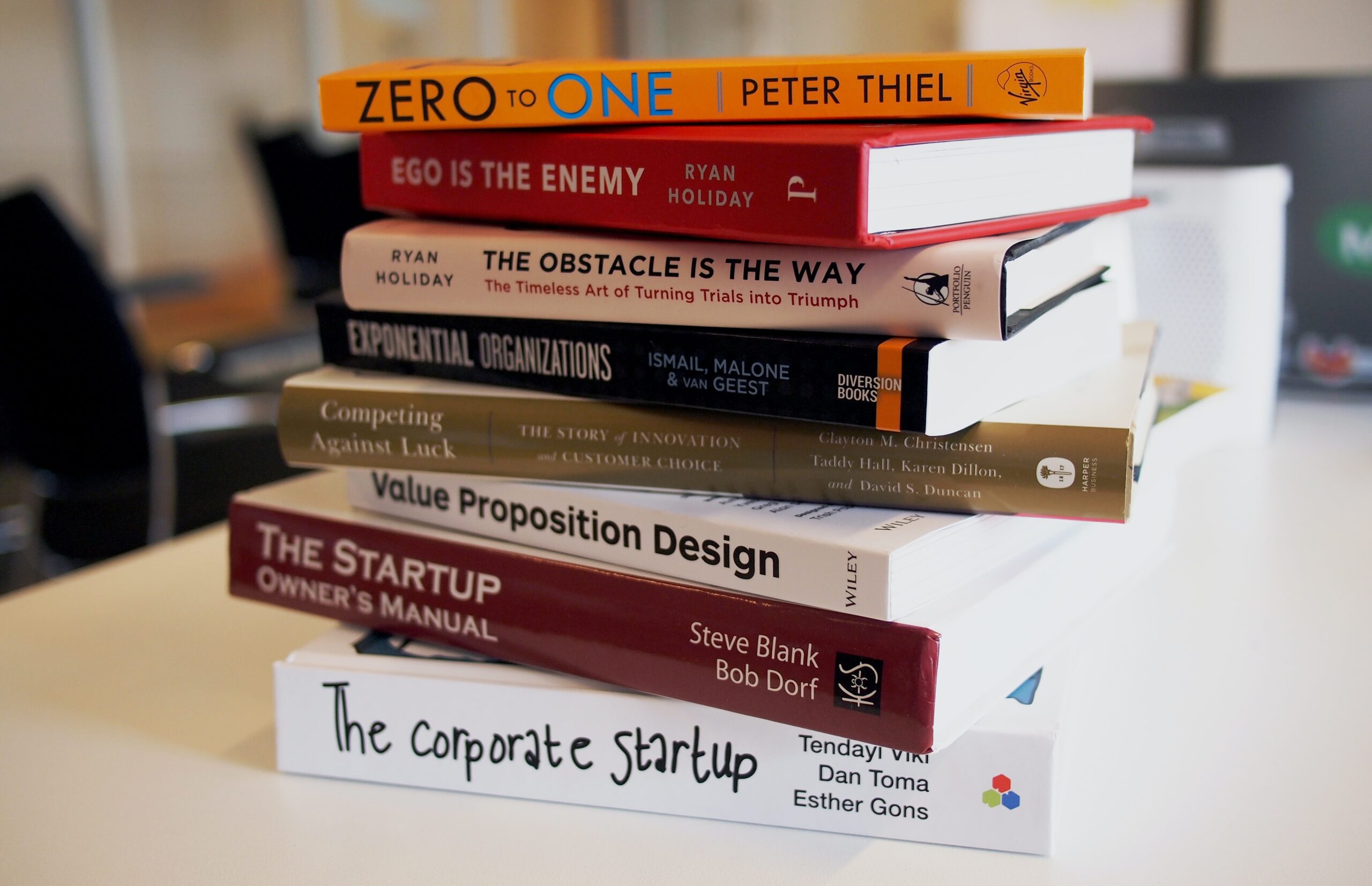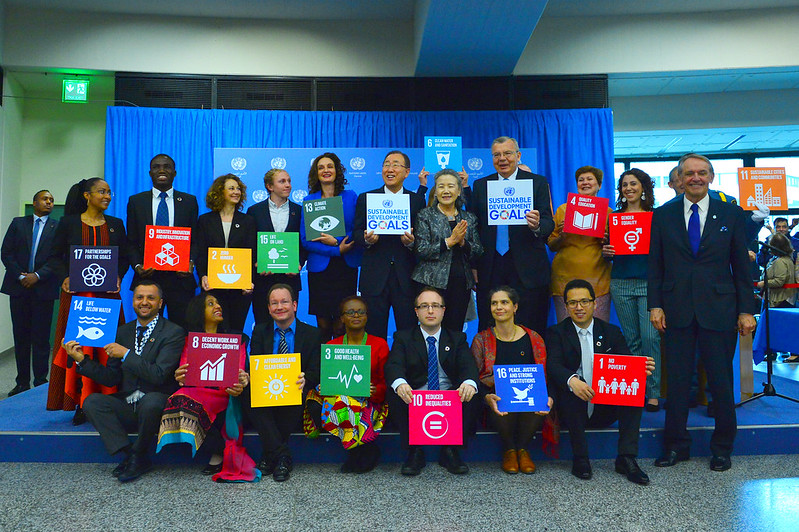The African continent has 1 billion inhabitants, spanning 54 countries that cover an area larger than China, India, and Europe combined and it is for this reason that over the past few years, business leaders and investors have become increasingly aware of the vast potential in Africa’s booming consumer market.
Consumer expenditure on the continent has grown at a compound annual rate of 3.9 percent since 2010 and reached $1.4 trillion in 2015. This figure is expected to reach $2.1 trillion by 2025, and $2.5 trillion by 2030. With such figures, we are all compelled to ask the very same questions! Where do consumers in Africa prefer to shop and what do they purchase
Small companies present key contributors to Africa’s consumer trend. At the same time, the vast majority of consumer spending on the continent currently takes place in informal, roadside markets whose chain of distribution starts from the same small companies.
These small companies manufacture a wide variety of products whose target markets are consumers residing in different African continents. Companies produce products depending on the region they are in and the demand for the product. Some of the products that consumers purchase in Africa are as follows
- Handmade crafts and artisanal goods
A handicraft, sometimes more precisely expressed as artisanal handicraft or handmade, is any of a wide variety of types of work where useful and decorative objects are made completely by one’s hand or by using only simple, non-automated related tools like scissors, carving implements, or hooks. A good example of a company extensively dealing in handmade crafts is UMOYA Ltd. UMOYA is a source and supplies South African arts crafts from manufacturers in KwaZulu-Natal province, to buyers not only in Africa and around the world - Fashion accessories
From beautifully woven textiles from West Africa to the brightly coloured beadwork of the Masai people in East Africa, fashion accessories remain a unique commodity in Africa. Additionally, Jewelry has always been an integral fashion piece in the continent, with designs that range from the use of beadwork to bold, crafted statement pieces. One of the countries that has taken bigger waves is Nigeria with companies like the Accessories Concierge and Simply Porsh - Food and beverage
It is expected that the total value of the African food industry could rise to one trillion US dollars by 2030. The African countries with the largest import volumes are Egypt, Algeria, South Africa, Morocco, and Kenya, which together account for almost 50% of food and beverage imports. - Agricultural products
Africa traditionally has been a leading market for bulk agricultural commodities ranging from wheat, corn, rice, and soybeans. According to the World Bank Africa could be a trillion-dollar market for agricultural goods by 2030. Among the companies heavily engaged in agriculture are Pioneer Foods Group from South Africa and Cévital from Algeria. - Technology and electronics
The transition towards a more circular electronics sector in Africa has been successful so far despite an increasing economic deterioration. Before digital technologies, consumer electronics were limited to housekeeping tasks such as refrigerators and air conditioners but now that digitalization has resurfaced, smartphones, laptops, computers, TV sets, tablets, game consoles, GPS systems, smartwatches, speakers and headphones, digital cameras are some of what consumers purchase.
Consumers in Africa buy a wide range of products and services from small companies. Although their purchase behaviour is dependent on price and quality, the market is still promising.it is also important to note that the specific products and services offered by small companies in Africa can vary greatly depending on the region, culture, and local market demand.






